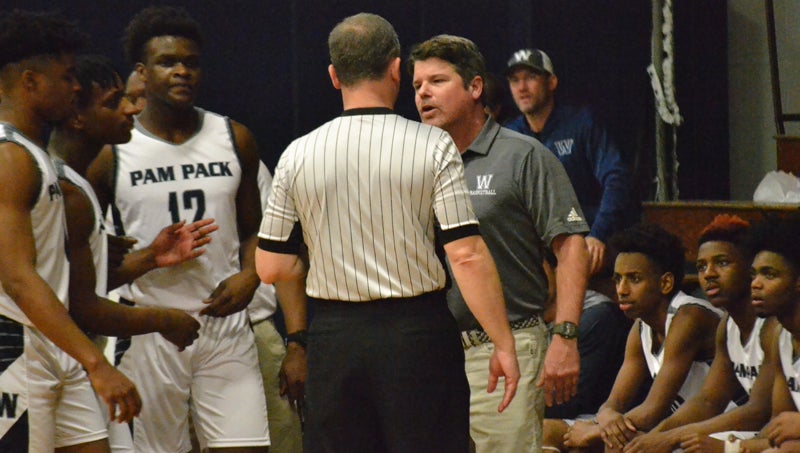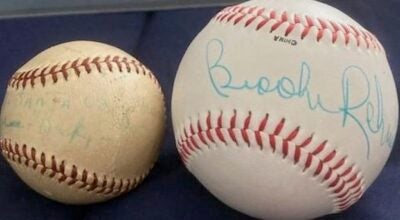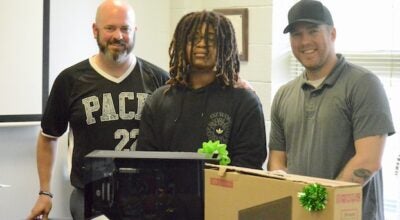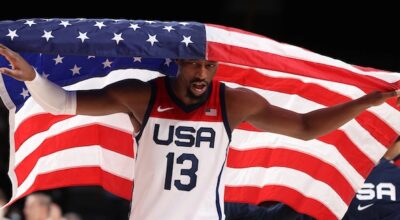Athletes accepting ownership for mistakes, arguing with officials
Published 4:32 pm Friday, January 10, 2020

- GOING TO BATTLE: The head coach of the Washington Pam Pack, David Allewalt, argues a call after the referee issued a technical foul to one of his players last week against North Pitt. (MItchell Thomas / Daily News)
As I roam the baselines and sidelines for basketball games and other sports throughout Beaufort County and beyond, I can’t help but notice the amount of times I see student-athletes arguing a call. A simple message to athletes, let your coach go to battle for you.
In today’s game, countless times, you’ll see an athlete foul another, then throw their arms up in the air and wonder what they did wrong. In all sports, taking ownership of their own mistakes seems to be lost among its competitors.
Every single person on the floor knows what constitutes a foul. Anybody that is playing high school, college or professional basketball has been around the game long enough to know that if you put your hands on a shooter, don’t let them come down from their shot, grab their arm or swat at the ball with all your might to block a shot, it’s usually going to get whistled.
Just once this season, I’d like to see a kid raise his hand as if to say, “Yep, I fouled him.” Rather than question the referee and put yourself in danger of a technical foul. More often that not, the player knows when they’re guilty of a foul, but they argue it anyway.
This isn’t just basketball. In football, it could be a pass interference call or a holding. In baseball, it’s the safe and out calls or the balls and strikes. Obviously, bad calls from referees or umpires are going to happen, it’s part of the game. They’re not perfect, but a bad call is for your head coach to argue. Your job as a player is to get back in the huddle or back on the floor, field or diamond and think about what you need to do on the next sequence.
Referees are far from 100% accurate, especially at the high school level. Regardless, a player cannot allow them self to grow so angry that you double up on your punishment, because you had something to say to an official after thinking he missed a call.
There is a reason players get five fouls in a contest. If you go over the limit, don’t pretend to be completely innocent in the ordeal. Take responsibility for your actions. I guarantee that coaches, scouts, parents and teammates will take notice.
Keeping a level head is one of the most important aspects of any game. Just settle down, level your head, drink some water, and play with a short memory. Don’t let one mistake result in a bad game as a whole.
Keep your heads up, play hard, and recognize your mistakes when you make them. That’s all a coach or a team can ask of you.





